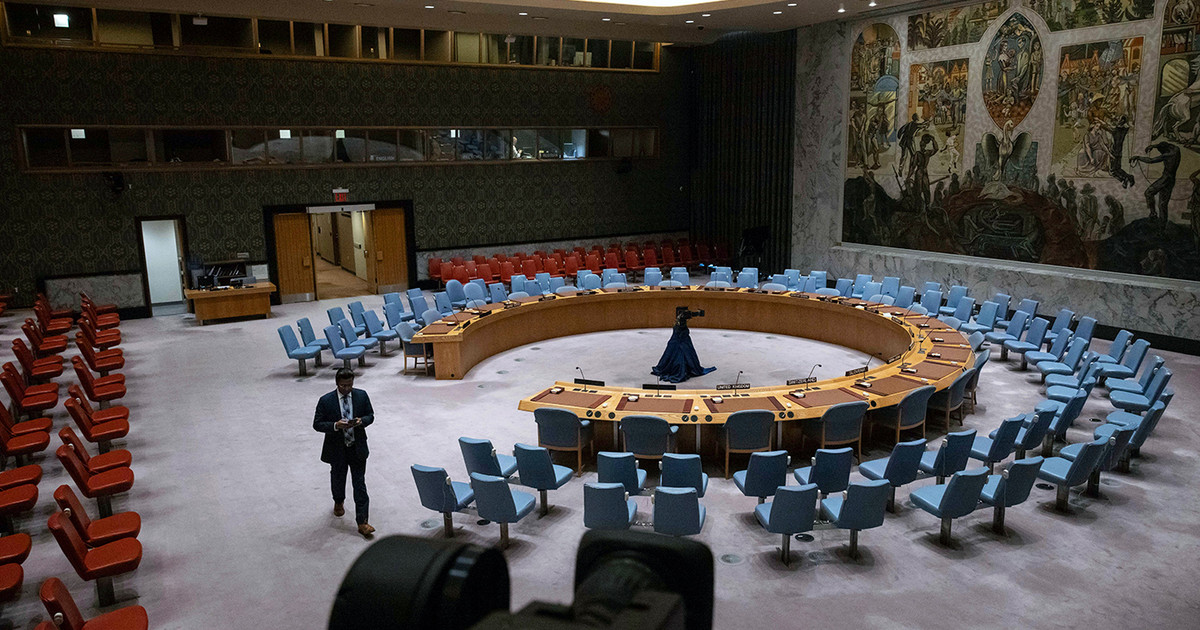The Federal Supreme Court (STF) suspended, this Wednesday (1), the judgment of the actions that question the New Legal Framework for Basic Sanitation. The score, so far, is three votes to zero for the constitutionality of the legal framework.
The actions began to be judged last Wednesday (24), having been analyzed on Thursday (25) and this Wednesday (1st) again.
The trial will resume this Thursday (2). Ministers Luiz Fux (rapporteur of the processes), Nunes Marques and Alexandre de Moraes have already voted. Minister Edson Fachin did not finalize the reading of his vote this Wednesday and will resume the analysis this Thursday.
Besides Fachin, ministers Rosa Weber, Luís Roberto Barroso, Carmen Lúcia, Dias Toffoli, Ricardo Lewandowski and Gilmar Mendes still have to vote.
The Supreme analyzes four actions, one filed by the PDT; another, by PCdoB, Psol, PSB and PT; a third by the National Association of Municipal Sanitation Services; and, finally, one from the Brazilian Association of State Sanitation Companies.
Discussion of “program contracts”
During his vote, Fachin questioned the provision of the new legal framework that deals with the so-called “program contracts” (an instrument that allows municipalities to transfer the execution of certain services to another federative entity).
The new legal framework defined that the current contracts may be renewed for another 30 years, as long as a negotiation is formalized by March 2022 and there are goals for the universalization of water and sewage services for the population.
“With all due respect, I do not understand that there is an adequate federal public contracting arrangement here in the sanitation sector that is compatible with municipal competence. The purpose is legitimate. Increase efficiency and provide planning for the sector and proper execution”, said Minister Fachin.
The rapporteur of the shares, Minister Luiz Fux, then justified his vote to Fachin and said that “the objective [do novo marco legal] was to create a new model, really. It was to avoid what didn’t work out, direct hiring, huge expenditure and everything went wrong”.
“The legislator’s concerns to implement this new legal framework fall away if we allow these 30-year program contracts to continue. Then, the creation of blocks, of consortia, of federative cooperation solidarity will have absolutely no avail,” said Fux.
what the authors ask
In one of the actions, for example, the PDT alleges that provisions of the legal framework can create a monopoly of the private sector in water supply and sanitary sewage services.
The party states that “the new law provides for the possibility of exploration by blocks, where there would be areas of greater and lesser economic interest jointly auctioned, the company that wins the event has to assume the universalization targets in the entire area.”
“However, assuming the commitment is not enough to believe that the private sector or public company will be able to explore these regions efficiently and without charging excessive tariffs as a way to compensate for the investment in cities with little infrastructure to receive the service, for example” , argues.
“The need for subsidies in the sanitation sector is undeniable. The stormy issue brought about by the new legislation is that there are no incentives to induce private companies to serve the poorest, noting that these companies want to maximize profit”, he adds.
In another case, PT, PSol, PCdoB and PSB claimed that the law that changed the legal framework for sanitation represents a risk of imminent damage to the public administration’s duty to offer everyone access to essential goods in accordance with the principle of universality of services public.
The National Association of Municipal Sanitation Services argues in its action that the new legal framework represents an imposition by the Union on the autonomy of municipalities. The association also says that the law would transform basic sanitation into a business counter, excluding the poor and marginalized population.
Finally, the Brazilian Association of State Sanitation Companies claimed to the STF that the new framework, through the end of the program contracts, ends the shared management of the basic sanitation service by a public consortium or cooperation agreement, imposing the concession as only model of delegating the service.
Reference: CNN Brasil
I am Sophia william, author of World Stock Market. I have a degree in journalism from the University of Missouri and I have worked as a reporter for several news websites. I have a passion for writing and informing people about the latest news and events happening in the world. I strive to be accurate and unbiased in my reporting, and I hope to provide readers with valuable information that they can use to make informed decisions.






